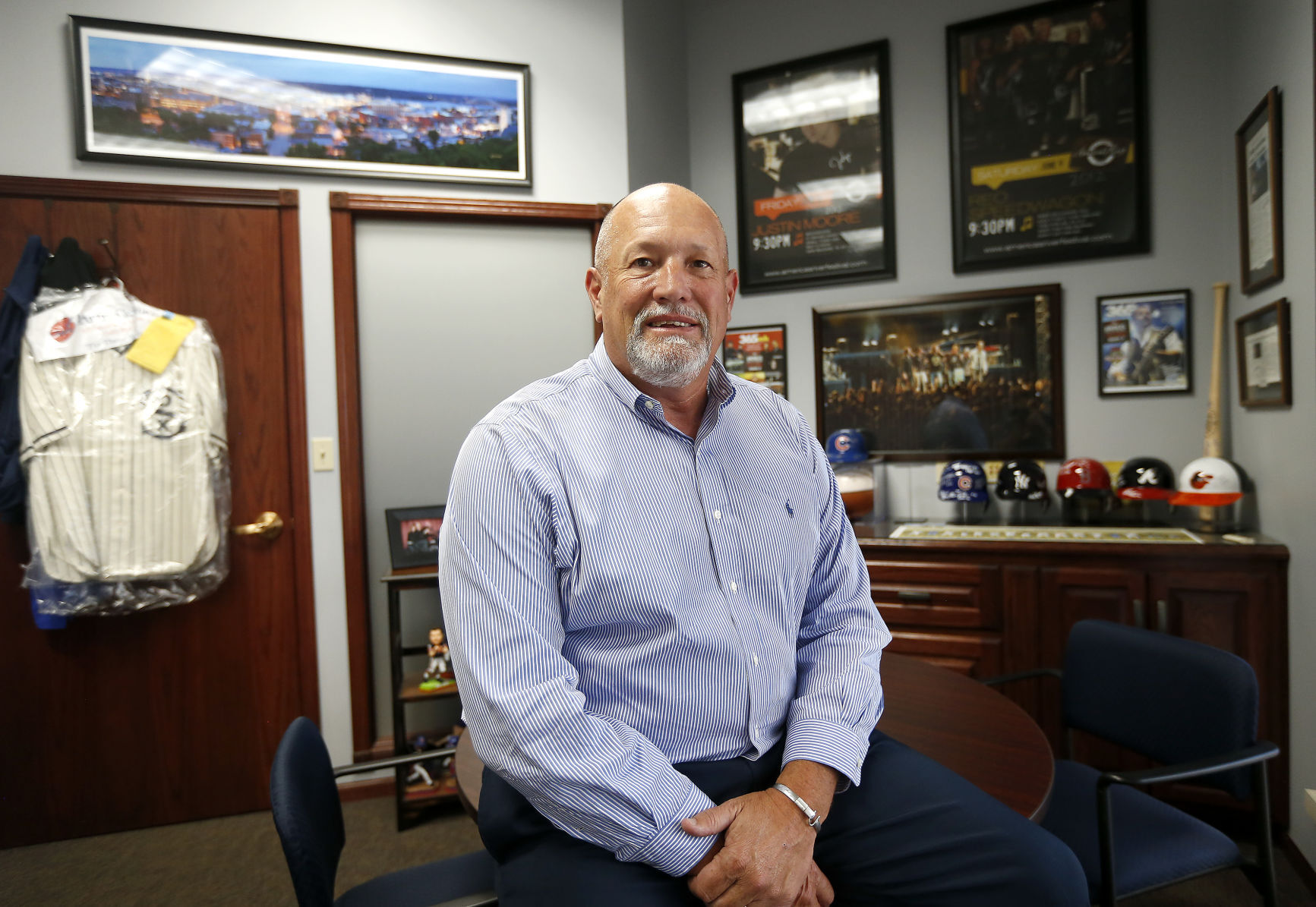The construction of a casino in Cedar Rapids, Iowa, would have a notable financial impact on those in Dubuque, two recently published studies again assert.
One study estimates that the casino, along with multiple other new developments in surrounding states, could decrease revenues of northeast Iowa facilities, including Q and Diamond Jo casinos in Dubuque, by 19% by 2024.
Iowa Racing and Gaming Commission Director of Gaming Brian Ohorilko said the group requested an impact study of a Cedar Rapids casino as a developer considers submitting an application to construct one.
The development of such a casino has been denied by the commission twice already, first in 2014 and most recently in 2017. The most recent-proposals failed on a 3-2 vote, with those voting against it citing the overall state of gambling in Iowa and the impacts on other facilities if a Cedar Rapids casino opened.
In November, Linn County voters for the third time approved allowing a gambling facility.
Ohorilko said a developer has expressed interest in building a casino in Cedar Rapids but has not submitted an application.
“That developer wants to wait and observe some of these impact studies that were scheduled to come out,” he said. “They wanted to see those results and then determine if or when they might apply.”
Commission members are expected to discuss the results of the studies today during their monthly meeting, though no formal action will be taken.
A study from The Innovation Group examined the overall economic impact a Cedar Rapids casino would have on the Iowa gaming market, along with the impact of surrounding casino developments in neighboring states.
Baseline models for the study estimate that Iowa gaming establishments would have about $1.63 billion in gaming revenue in 2024 without the addition of a Cedar Rapids casino or any gambling developments in surrounding states. That total actually represents a slight decrease from 2021’s estimated revenues. The Northeast region, consisting of both Dubuque casinos and Casino Queen Marquette in Marquette, would have revenues of $140.2 million in 2024, a $6 million drop from gaming revenues reported in the most recent fiscal year.
Increased competition from additional casino developments in Illinois, Wisconsin, Nebraska and Minnesota is expected to reduce overall statewide gaming revenue by about 16%. The Northeast region, which would be particularly impacted by casino developments in Rockford, Ill., and Beloit, Wis., is expected to see a 15% drop in total revenues.
If a casino is constructed in Cedar Rapids, the study estimates that statewide gaming revenues would see an overall increase of about $51 million in 2024, but surrounding casinos also would see their revenues decline, with the Northeast region estimated to experience a 5% decline.
Another study from Spectrum Gaming Group estimates that a Cedar Rapids casino would have a $163 million market overlap with surrounding casinos based on a 45-minute drive for patrons.
With both out-of-state competition and the Cedar Rapids casino development, casinos in the Northeast region would see their estimated 2024 gaming revenues decline from $140 million to $113 million, the Innovation Group study states.
Dubuque’s casinos play a major part in the local economy both by generating tourism revenue and creating jobs. There are 573 employees between the two casinos.
The City of Dubuque and Dubuque Racing Association are in the midst of attempting to alter their current lease agreement for Q Casino, which the city owns and the DRA leases. Under the current agreement, Q Casino’s profits are donated equally to both the city and local charities. The amended agreement would see the profit distribution split further, with the city receiving one-third, local charities receiving one-third and the remaining one-third going to develop Chaplain Schmitt Island.
Alex Dixon, president and CEO of Q Casino, previously stated that the new agreement seeks to invest in the island to improve its amenities and attractions and draw more gaming revenue over time.
Dixon declined to comment on this story. Kevin Lynch, chairman of the DRA’s executive committee, did not return multiple messages seeking comment. Messages left with multiple Diamond Jo Casino officials also were not returned.
Keith Rahe, president and CEO of Travel Dubuque, said the casinos play a major role in driving Dubuque’s tourism economy, but he expected that the development of new casinos in surrounding areas likely will impact gaming revenues.
“I understand why Cedar Rapids would want to open one, but when you look at the impact on those other communities, though, my question is, when does too much become too much?” Rahe said.
Rahe also said gambling isn’t the sole attraction for tourists to visit Dubuque and the community still will attract a high number of travelers even with the addition of more competition from surrounding casinos.



